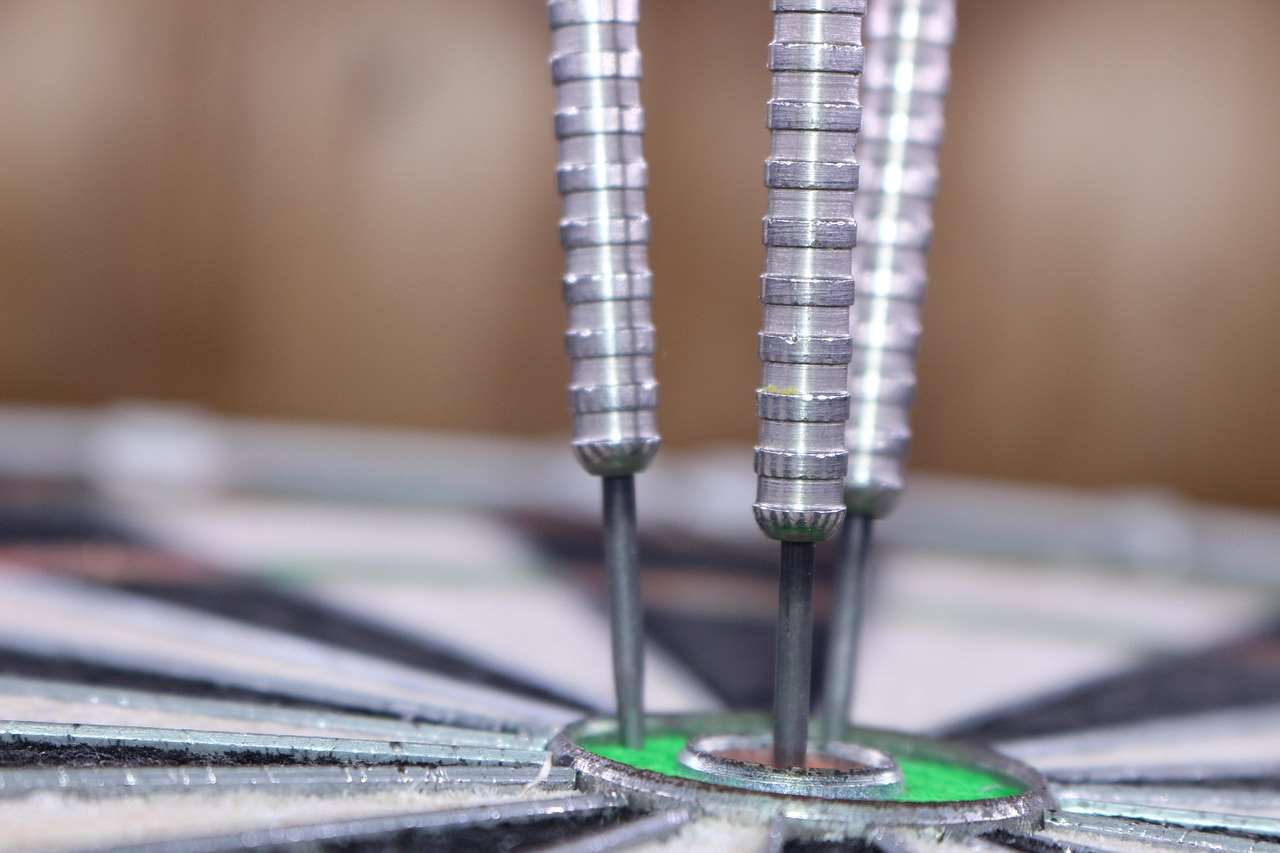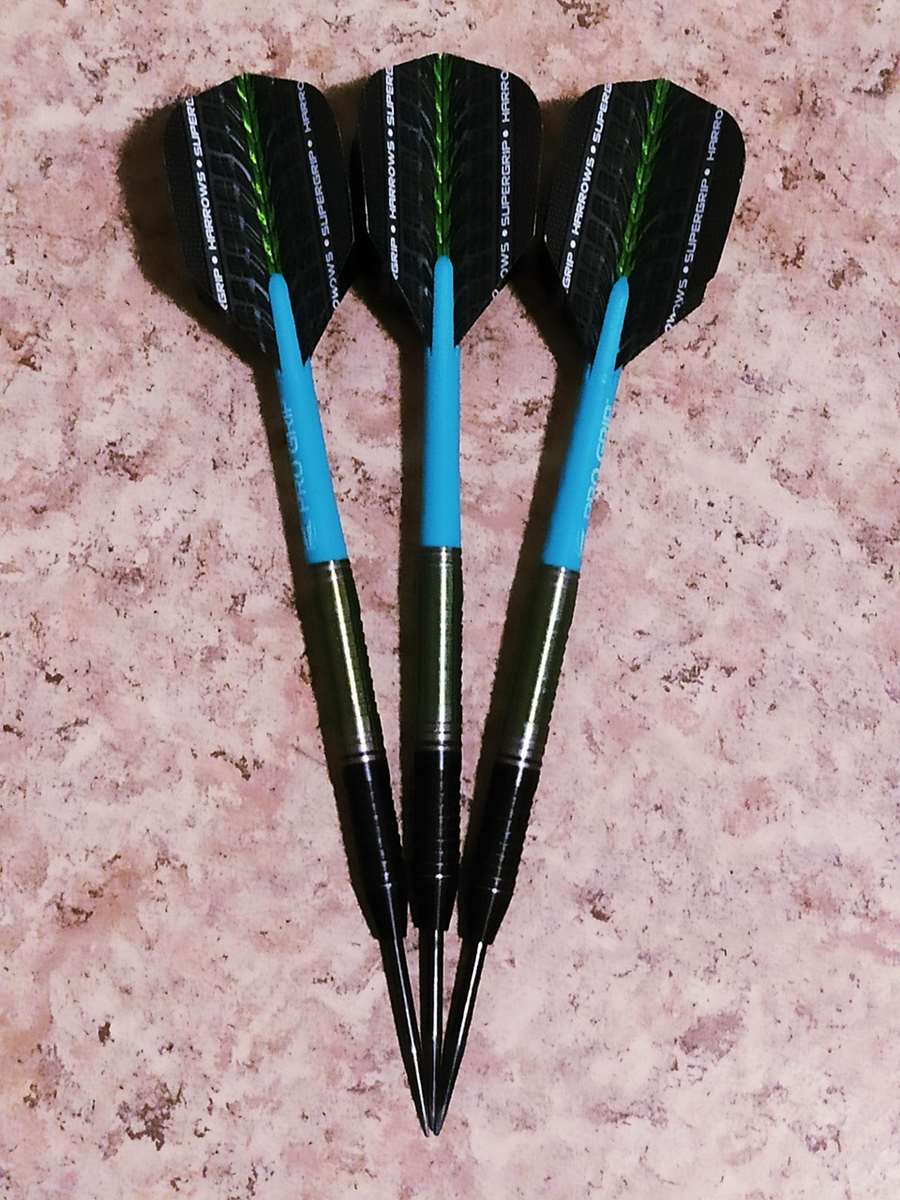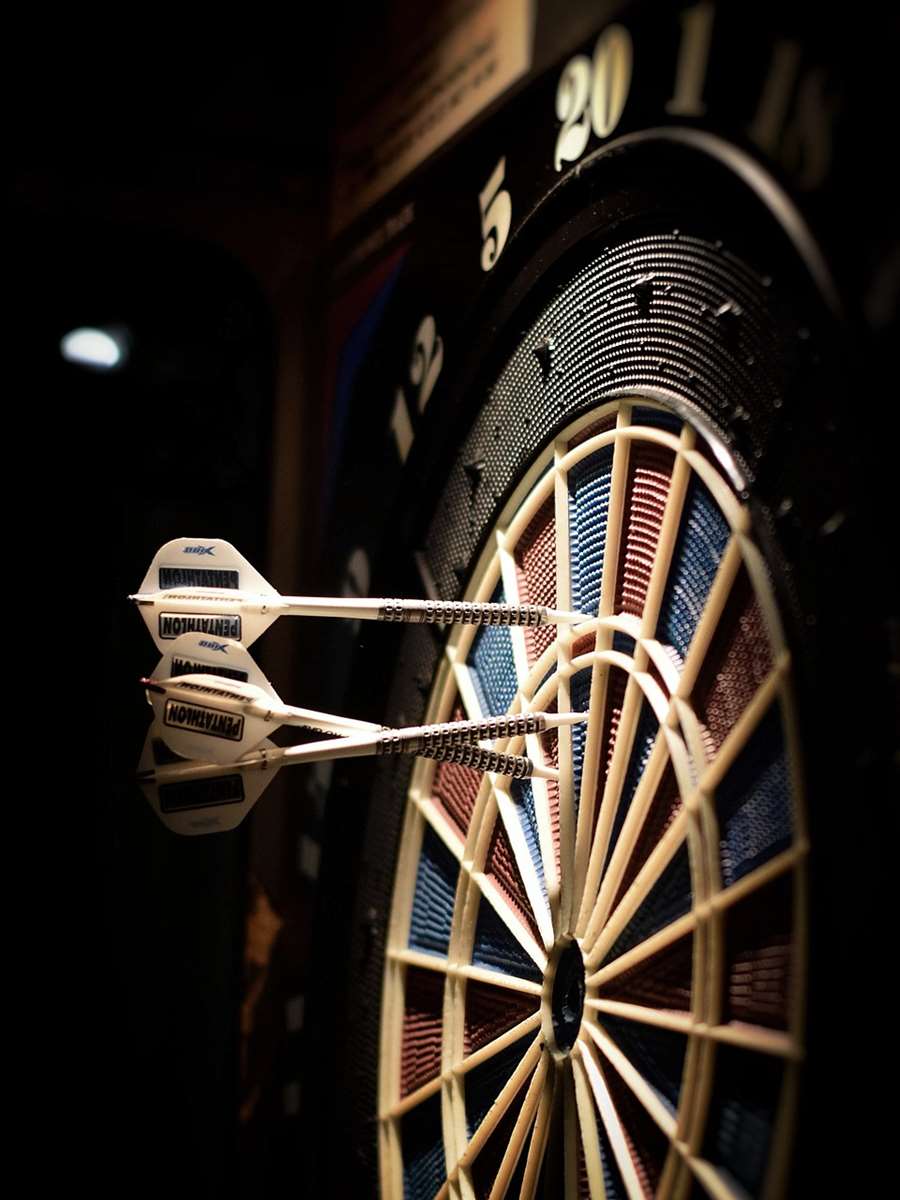Many players mistakenly believe that practice automatically leads to perfection, overlooking the fact that practice games specific weaknesses can easily become ingrained if not identified and addressed. This article delves into how to recognize and overcome these common pitfalls, allowing you to maximize your practice time and achieve genuine improvement.
⚠️ Still Using Pen & Paper (or a Chalkboard)?! ⚠️
Step into the future! The Dart Counter App handles all the scoring, suggests checkouts, and tracks your stats automatically. It's easier than you think!
Try the Smart Dart Counter App FREE!Ready for an upgrade? Click above!
Identifying Practice Games Specific Weaknesses
The first step towards improvement is acknowledging that practice games can have specific weaknesses. Simply playing without conscious evaluation can reinforce bad habits. You must actively seek out and identify these areas for improvement.
One major pitfall is practicing without a structured plan. Randomly playing games provides little benefit if you don’t focus on specific skills. Another is failing to simulate real-game pressure. A relaxed practice session is vastly different from a competitive match. These differences can hinder your performance when it truly matters.

Furthermore, many players fall into the trap of only practicing what they are already good at. This creates a false sense of accomplishment but neglects areas needing the most work. Identifying and addressing these neglected areas is crucial for overall improvement. Finally, ignoring mental aspects of the game, such as focus and composure, is a significant weakness. Physical skill alone is insufficient; mental fortitude is essential for consistent performance.
Common Weaknesses to Watch Out For
- Inconsistent Form: Not maintaining a consistent throwing motion.
- Poor Target Selection: Choosing the wrong target numbers under pressure.
- Mental Blocks: Struggling with certain numbers or checkout combinations.
- Lack of Adaptability: Being unable to adjust strategy based on game flow.
- Nervousness: Performing poorly under pressure due to anxiety.
How to Overcome Practice Game Deficiencies
Once you’ve identified practice games specific weaknesses, the next step is to actively address them. This requires a strategic approach that incorporates targeted drills and simulations.
One effective technique is to create specific practice routines focusing on problem areas. For instance, if you struggle with doubles, dedicate a significant portion of your practice to hitting doubles under simulated pressure. You can also record your practice sessions to analyze your technique and identify inconsistencies. This provides valuable feedback that can be difficult to notice in the moment.

Another crucial aspect is to introduce artificial pressure into your practice. This can be achieved by setting time limits, imposing penalties for missed targets, or playing against a virtual opponent with varying skill levels. The goal is to replicate the stress of a real match and develop your ability to perform under pressure.
Mental training exercises are also invaluable. Visualization techniques, meditation, and positive self-talk can significantly improve your focus and composure. Learning to control your emotions and maintain a positive mindset is essential for consistent performance, especially in high-stakes situations. Don’t forget to explore Darts Variants Fun Games to keep your practice sessions engaging and prevent boredom!
Effective Practice Drills
- Doubles Practice: Focusing solely on hitting doubles with varying degrees of difficulty.
- Checkout Simulations: Practicing common and uncommon checkout combinations under pressure.
- Number Targeting: Concentrating on hitting specific numbers consistently.
- High Score Challenges: Setting targets for high scores and attempting to achieve them.
- Match Play Scenarios: Simulating real-game situations with specific goals and objectives.
The Importance of Structured Practice
The effectiveness of practice is directly tied to its structure. Random, aimless practice often reinforces bad habits and yields minimal improvement. A well-structured practice plan, on the other hand, allows you to target practice games specific weaknesses systematically and efficiently.
Begin by setting clear goals for each practice session. What specific skills or areas do you want to improve? Once you have defined your objectives, create a practice plan that incorporates relevant drills and simulations. Regularly track your progress to monitor your improvement and make adjustments to your plan as needed. This allows you to stay focused and motivated while maximizing your practice time.

Remember, consistency is key. Short, focused practice sessions are more effective than long, sporadic ones. Aim for regular practice, even if it’s just for a few minutes each day. This will help you maintain your skills and make steady progress. Consider exploring history of darts games uk for inspiration on traditional practice methods.
Benefits of a Structured Approach
- Targeted Improvement: Focuses on specific weaknesses for rapid progress.
- Enhanced Motivation: Provides clear goals and measurable results.
- Efficient Use of Time: Maximizes the effectiveness of each practice session.
- Improved Consistency: Reinforces good habits and eliminates bad ones.
- Increased Confidence: Builds self-assurance through consistent improvement.
Mental Fortitude and Practice Games
While technical skill is essential, mental fortitude is equally crucial for success. The ability to remain calm, focused, and confident under pressure can make or break your performance. Neglecting the mental aspect of the game is a significant practice games specific weakness that many players overlook.
Incorporate mental training exercises into your practice routine. Visualization techniques can help you mentally rehearse successful outcomes and build confidence. Meditation and mindfulness exercises can improve your focus and composure. Positive self-talk can help you maintain a positive mindset and overcome self-doubt. Additionally, consider researching dart games before 501 invented, to understand the historical strategies and mental approaches employed by past masters.

Learn to manage your emotions effectively. Acknowledge your feelings, but don’t let them control your performance. Develop strategies for dealing with anxiety, frustration, and disappointment. Remember, even the best players make mistakes. The key is to learn from them and move on without dwelling on them.
Mental Strategies for Practice
- Visualization: Mentally rehearsing successful throws and outcomes.
- Meditation: Practicing mindfulness to improve focus and composure.
- Positive Self-Talk: Reinforcing confidence and self-belief through positive affirmations.
- Emotional Management: Developing strategies for dealing with anxiety and frustration.
- Goal Setting: Setting realistic and achievable goals for each practice session.
Simulating Real-Game Conditions
One of the most significant practice games specific weaknesses is the failure to simulate real-game conditions. Practicing in a relaxed, pressure-free environment is vastly different from competing in a high-stakes match. To bridge this gap, you must create practice scenarios that replicate the stress and intensity of real competition. A solid understanding of forgotten pub dart games can also offer valuable insights into social dynamics and pressure situations encountered in casual play.
Introduce elements of competition into your practice. Play against a virtual opponent with varying skill levels, set time limits for completing specific tasks, or impose penalties for missed targets. Invite friends or teammates to practice with you and engage in competitive matches. The more closely your practice resembles a real game, the better prepared you will be to perform under pressure.

Pay attention to the mental aspects of competition. Practice maintaining your focus, managing your emotions, and staying positive, even when things aren’t going your way. Learn to adapt your strategy based on the flow of the game and the performance of your opponent. By simulating real-game conditions in practice, you can develop the skills and mental toughness necessary to succeed in competition.
Tips for Simulation
- Introduce Pressure: Set time limits and penalties to increase stress.
- Play Against Opponents: Practice against players of varying skill levels.
- Simulate Different Scenarios: Recreate common game situations to improve adaptability.
- Track Performance: Monitor your progress and identify areas for improvement.
- Focus on Mental Toughness: Develop strategies for managing emotions and maintaining focus.
Conclusion
Addressing practice games specific weaknesses is paramount for achieving meaningful improvement in any game. By identifying these pitfalls, implementing structured practice routines, incorporating mental training, and simulating real-game conditions, you can transform your practice sessions into powerful tools for skill development. Remember, consistent effort and a strategic approach are the keys to unlocking your full potential. So, take action today, evaluate your practice methods, and start focusing on the areas where you need the most improvement. Strive for continuous growth and turn those weaknesses into strengths!
Hi, I’m Dieter, and I created Dartcounter (Dartcounterapp.com). My motivation wasn’t being a darts expert – quite the opposite! When I first started playing, I loved the game but found keeping accurate scores and tracking stats difficult and distracting.
I figured I couldn’t be the only one struggling with this. So, I decided to build a solution: an easy-to-use application that everyone, no matter their experience level, could use to manage scoring effortlessly.
My goal for Dartcounter was simple: let the app handle the numbers – the scoring, the averages, the stats, even checkout suggestions – so players could focus purely on their throw and enjoying the game. It began as a way to solve my own beginner’s problem, and I’m thrilled it has grown into a helpful tool for the wider darts community.